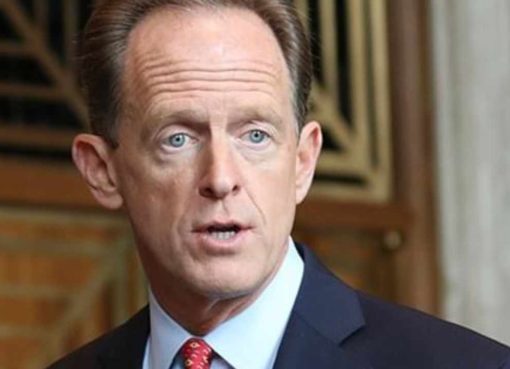A tentative deal aimed at averting a US government default on its debts has relieved cryptocurrency miners, particularly bitcoin (BTC) ones.
Ohio Representative Warren Davidson has revealed that the proposed agreement includes removing a controversial tax on the energy consumption of crypto miners.
This development has ignited hope within the cryptocurrency community, potentially eliminating a major obstacle for bitcoin miners and opening doors for continued growth and innovation in the industry.
The deal, recently unveiled by US lawmakers, addresses the urgent issue of the debt ceiling, which limits the government’s borrowing capacity to fulfill its financial obligations. A preliminary draft of the bill has been presented after intense negotiations involving president Joe Biden and House speaker Kevin McCarthy.
If passed, the legislation would suspend the debt ceiling for two years, enabling the US government to continue borrowing money and meeting its financial commitments.
White House’s heavy taxes on bitcoin mining sector blocked
Although President Biden had initially expressed a desire to include provisions for tax increases targeting corporations and high-income individuals, the latest draft suggests that these specific tax hikes are unlikely to be part of the final version. This omission could be seen as a concession to gain broader support for the legislation.
The absence of the proposed tax increases has effectively quashed the White House’s plans to impose heavy taxes on the bitcoin mining sector.
Despite the lack of new updates from the White House regarding the tax idea, Representative Warren Davidson confirmed on May 28 that the mining tax would not be enforced.
Concerns were raised by Pierre Rochard, Vice President of Research at Riot Platforms, on Twitter regarding the absence of any mention of bitcoin mining in the draft bill titled the “Fiscal Responsibility 5 Act of 2023.”
Rochard questioned whether this omission signaled the abandonment of the Administration’s Digital Asset Mining Energy (DAME) excise tax proposal.
Responding to Rochard’s tweet, Representative Davidson emphasized that one of the significant achievements of the deal was preventing proposed taxes on cryptocurrencies.
What is the DAME tax?
The introduction of an energy tax for digital asset mining, known as the DAME tax, was initially proposed in March 2023. The tax aimed to apply to both proof-of-Work (PoW) networks like bitcoin and proof-of-stake (PoS) networks like Ethereum (ETH), disregarding the substantial differences in their energy consumption levels.
The Biden administration argued that a 30% tax on cryptocurrency mining companies was necessary to mitigate environmental and societal harm caused by crypto mining activities. However, if the bill is successful, the proposed tax will no longer be imposed.
The legislative body is set to convene on May 31 to vote on the proposed legislation, marking a crucial milestone in determining the fate of the debt ceiling and its implications for the cryptocurrency industry.




